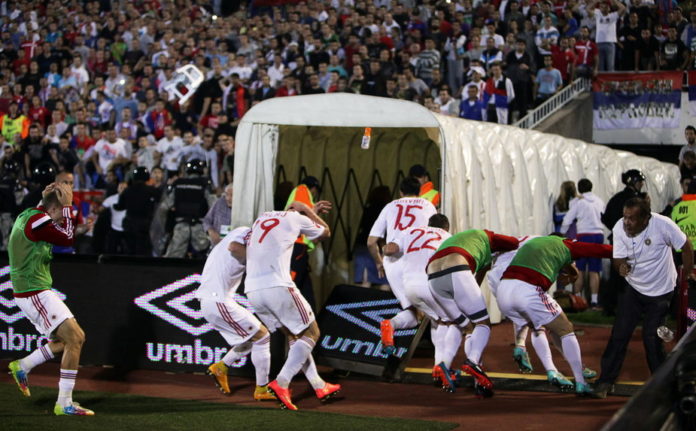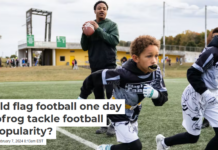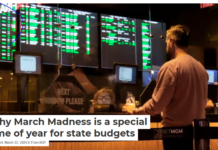
By Gëzim Alpion, University of Birmingham
Few thought that Serbia’s Euro 2016 qualifying fixture against Albania on October 14 would be an easy match. But the depths to which it sank are shocking even to those familiar with the potency of anti-Albanian feeling among Serbia’s nationalist factions.
The Serbian authorities have argued that a drone flying an Albanian flag was solely to blame for what happened – but, in retrospect, the already fraught atmosphere around the game doomed it before it even kicked off.
Warning signs
Boos were heard when the Albanian national hymn was played, with shouts of “Kill, kill, kill Albanians” reportedly chanted across the stadium, while Serbian leaders watched the ugly spectacle unfolding in front of their eyes apparently unperturbed.
Before the drone arrived, flares, bottles and other objects had already being thrown at Albanian players by nationalists in the stadium, who paid no heed to the guests’ elegant performance and determination to stay calm under a kind of pressure no team should have to put up with. One can only imagine what the Albanian players would have experienced had they scored the first goal.
And then the quadcopter flying an Albanian flag appeared over the pitch and all hell broke loose. Play deteriorated into a shameful farce, during which players trying to grab the flag were pushed around and beaten by fans invading the pitch. Ultimately, the game was stopped as both teams ran for cover.
There is plenty of blame to go around – and not just for the arrival of the drone in the first place. UEFA, for one, should never have caved in to Serbia’s decision to ban Albanian fans from the match. Equally, the argument that a state like Serbia cannot control a bunch of racist bigots holds no water.
In particular, the Serbian authorities must explain how was it possible that “Ivan the terrible”, the controversial Serbian fan who received a three-year sentence for causing chaos at Marassi before Italy’s match against Serbia in 2010, could so easily invade the pitch in Belgrade.
FIFA is keen to condemn racism – and rightly so – whenever it rears its ugly head. FIFA’s authorities saw it for themselves last night that racism does not target only individual players. What we saw in Belgrade was yet another disturbing proof of an unbridled nationalist racism against the entire Albanian nation – and it must be treated as such.
Raised voices
The Albanian government did not raise its voice against Serbia’s decision to ban Albanian supporters. This is unsurprising, since the Albanian parliament almost never function normally; since the collapse of communism, the opposition boycotts it on a regular basis. The current prime minister, Edi Rama, runs the country mainly through social media, often taking digs at his pathetically weak opposition.
Rama, who is in the US at the moment and due to visit Belgrade on October 22, chose to comment on the match only after the hullabaloo, expressing support for the Albanian players and adding that the Serbs have shamed themselves in the eyes of the world.
A typically inflammatory remark, but one that points to an unavoidable truth: for the dangerous powder keg in the Balkans to be defused, its leaders, the EU, and the international community at large all need to keep an eye on the nationalist fuse that threatens to ignite it all over again.
After all, many times within living memory, Serbia’s brainwashed nationalists have proved that they can be as brutal and iconoclastic as any other band of deranged thugs.
Crucially, we must not equate all Serbs with the worst of the scenes on the football field; do not forget the concern shown by several Serbian players for the safety of their Albanian colleagues as they ran for cover into the tunnel. And speaking personally, I have had the privilege of knowing and working with many Serbian intellectuals and artists courageous enough to condemn what their extremist religious and political leaders have been doing to their country for so long.
But their voices are still being drowned in a turbulent sea of nationalist hysteria – and the racist farce on the pitch in Belgrade on October 14 merely hinted at the potential consequences.
![]()
Gëzim Alpion does not work for, consult to, own shares in or receive funding from any company or organisation that would benefit from this article, and has no relevant affiliations.
This article was originally published on The Conversation.
Read the original article.



















